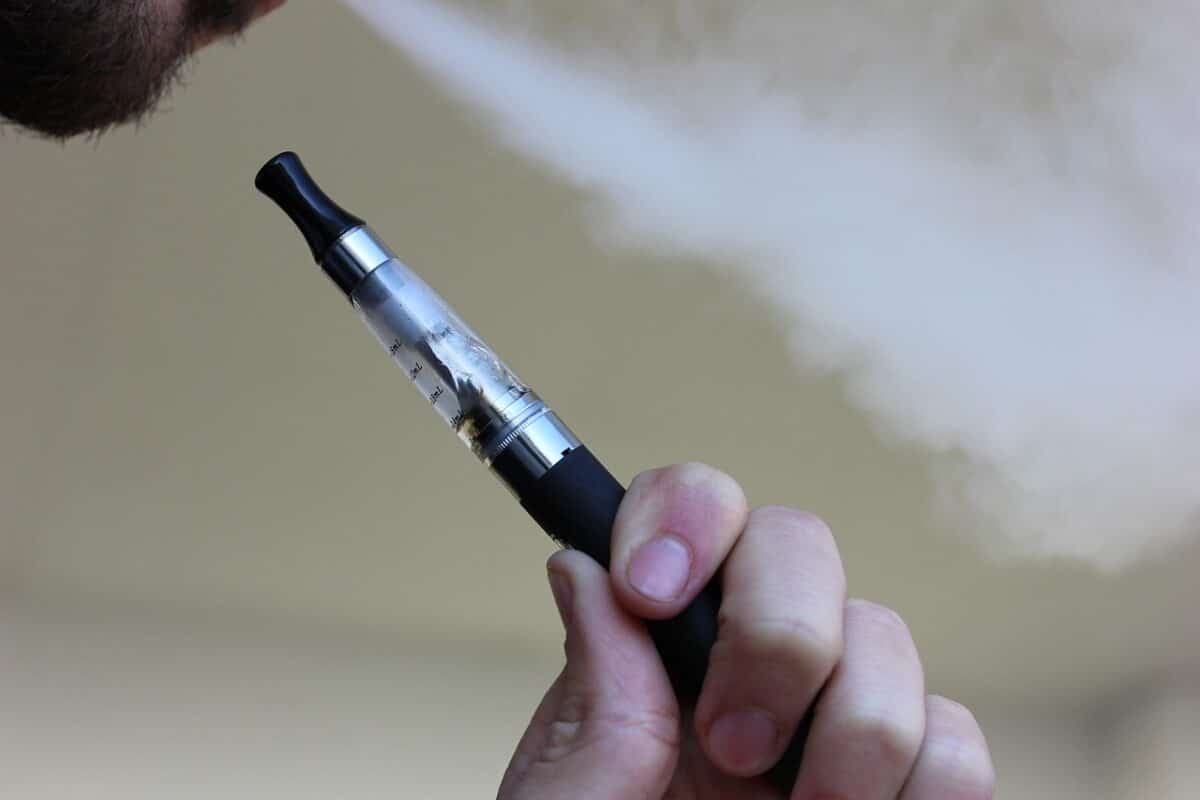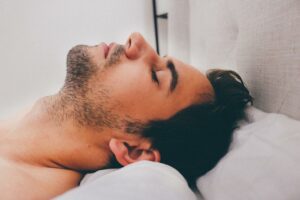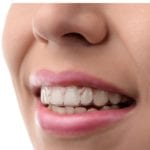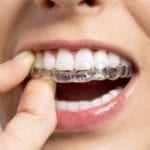When a patient is diagnosed with obstructive sleep apnea, most sleep physicians will advise them to stop smoking immediately for several reasons.
Tobacco use increases the likelihood of developing health problems such as coronary heart disease, stroke, high blood pressure, and inflammation of the airways. A patient with untreated sleep apnea has a higher risk of developing the same health problems.
This means a patient with untreated sleep apnea who smokes has a significantly increased likelihood of getting these health problems.
Patients with sleep apnea who are advised to give up smoking frequently convert to vaping as an alternative method of smoking.
But is vaping as dangerous as smoking? Does using an electronic cigarette make the symptoms of sleep apnea worse?
Here in this article, you’ll get the latest info on vaping and sleep apnea to find out what risk it could put you at.
Vaping And Sleep Apnea
Although vaping offers a different method of delivery, always keep in mind it still contains nicotine. Nicotine is one of the primary chemicals that contributes to the addiction that is caused by tobacco use.
While some people may think that vaping is better than smoking cigarettes when it comes to sleep apnea, this is not the case.
It is quite likely that vaping will affect both your sleep cycle and your lungs. And this means it is still very much possible for it to influence sleep apnea. The inflammation that vaping can produce in the lungs, throat, and nose can lead to an increase in the number of apnea episodes that occur during the night.
Nicotine, In Whatever Form, Is Not Healthy
Ingesting nicotine in any form, whether through traditional cigarettes or electronic cigarettes, can have a severe impact on the quality of sleep one gets. When nicotine is taken into a user’s body, it speeds up their heart rate, raises their blood pressure, and causes them to create adrenaline.
The individual’s REM cycle may be thrown off. Plus, it can be more difficult for the individual to fall asleep. They will experience a disruption in their circadian rhythm due to their body’s inability to remain in the REM cycle due to their withdrawal from nicotine.
Because of this, a person who suffers from sleep apnea is more likely to have their breathing frequently interrupted while they are sleeping, which severely reduces the quality of their sleep.
Nicotine and Sleep Apnea
According to a study that was conducted in 2012, people with sleep apnea are more likely to become addicted to nicotine. This is likely due, in part, to the fact that these individuals feel so tired throughout the day.
Your untreated sleep apnea is a significant factor in your smoking addiction, which is getting worse because of your habit of vaping, which is already harming your health.
Those who suffer from sleep apnea should avoid using any form of tobacco product, including e-cigarettes and traditional cigarettes. If a person has been diagnosed with sleep apnea, they should stop smoking cigarettes and using electronic cigarettes to improve the quality of their sleep and reduce inflammation in their airways.
In conclusion, vaping is not an alternative for smokers who have sleep apnea or other sleep disorders.






